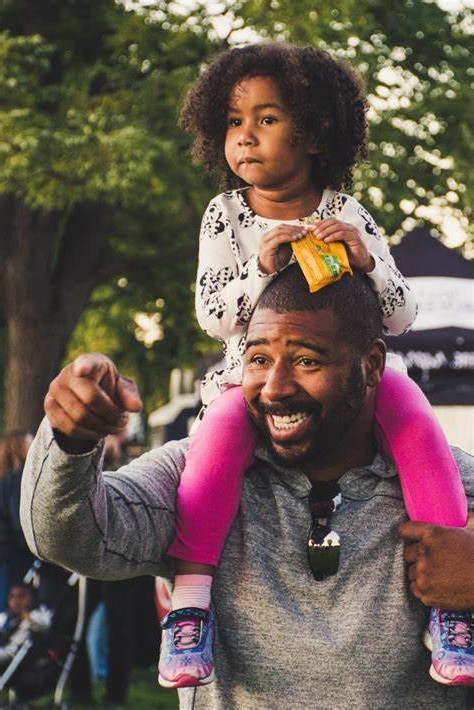
How we respond to our children is very much dependent on our parenting style. Parenting style is influenced by our parental attitudes to child-rearing and can have a significant impact on the quality of our family life. In the 1960s, a developmental psychologist noticed that preschoolers exhibited distinctly different types of behaviour and that behaviour highly correlated to a specific kind of parenting. She suggested that the majority of parents display one of three different parenting styles:
- Authoritarian: Authoritarian parents set strict rules, children are expected to follow them and failure to follow the rules usually results in punishment. Authoritarian parents fail to explain the reasoning behind these rules and, if asked to explain, their response is likely to be “because I said so”.
- Authoritative: Authoritative parents set limits and boundaries. However, this parenting style is much more democratic than the authoritarian style. Authoritative parents are responsive to their children and willing to listen to questions. When children fail to meet the expectations, these parents are more nurturing and forgiving as opposed to punishing. Their disciplinary methods are supportive, rather than punitive.
- Permissive: Permissive parents provide few or no rules and boundaries and rarely discipline their children. They are non-traditional and lenient, allow considerable self-regulation, and avoid confrontation. Permissive parents can be nurturing and communicative with their children but often take on the status of a friend rather than that of a parent.
Parenting style can be influenced by a range of factors including culture, personality, family size, parental background, socioeconomic status, educational level and religion as well as how we have been parented themselves. Parents may have a mix of styles yo-yoing between them and this can create confusion for their child who doesn’t know what to expect. For example parents may waver between the permissive and authoritarian styles by not providing boundaries initially but then responding in a more punitive way when their child “misbehaves”. In a two parent family, parents may have a different parenting style which can cause confusion for their child and also provide an opportunity for the child to play off one parent against the other, which can cause conflict between the parents themselves.
Exploring parenting style in a holistic sleep coaching evaluation is not about allocating blame or telling you that your style of parenting is wrong. Supporting you to look at your parenting style gives you the opportunity to consider if there might be a more useful approach to managing your children’s behaviour. If, as co-parents, you have different parenting styles, being able to explore those differences can help you move towards a more united response in managing your child’s behaviour; potentially reducing family conflict.
Considering parental style is an important component in a sleep consultation as it may influence what sleep strategies you might be comfortable with and whether you can be consistent and patient in following through with gentle parenting recommendations. For instance if you have an authoritarian parenting style you might think strict schedules are appropriate and that children should do as they are told, following set rules that are rigid and non-negotiable; whereas if you have a permissive parenting style you may struggle to provide boundaries of any sort including gentle, age-appropriate routines. As a Holistic Sleep Coach I provide advice and support which very much fits in with the ethos of authoritative parenting and it is important that parents who work with me are aware of that. Often parents are unaware of their parenting style and it can be helpful in a sleep consultation to identify it and consider whether moving to a different style might be more beneficial. However an unwillingness to look at parenting style might suggest that working with me will not be a good fit.
References
Baumrind, D., 1967. Child care practices anteceding three patterns of preschool behavior. Genetic psychology monographs.
Darling, N., 1999. Parenting Style and Its Correlates. ERIC Digest.
Maccoby, E. E., & Martin, J. A. (1983). Socialization in the context of the family: Parent–child interaction. In P. H. Mussen & E. M. Hetherington, Handbook of child psychology: Vol. 4. Socialization, personality, and social development (4th ed.). New York: Wiley. Maccoby, E.E. (1992). The role of parents in the socialization of children: An historical overview. Developmental Psychology, 28, 1006-1017.
